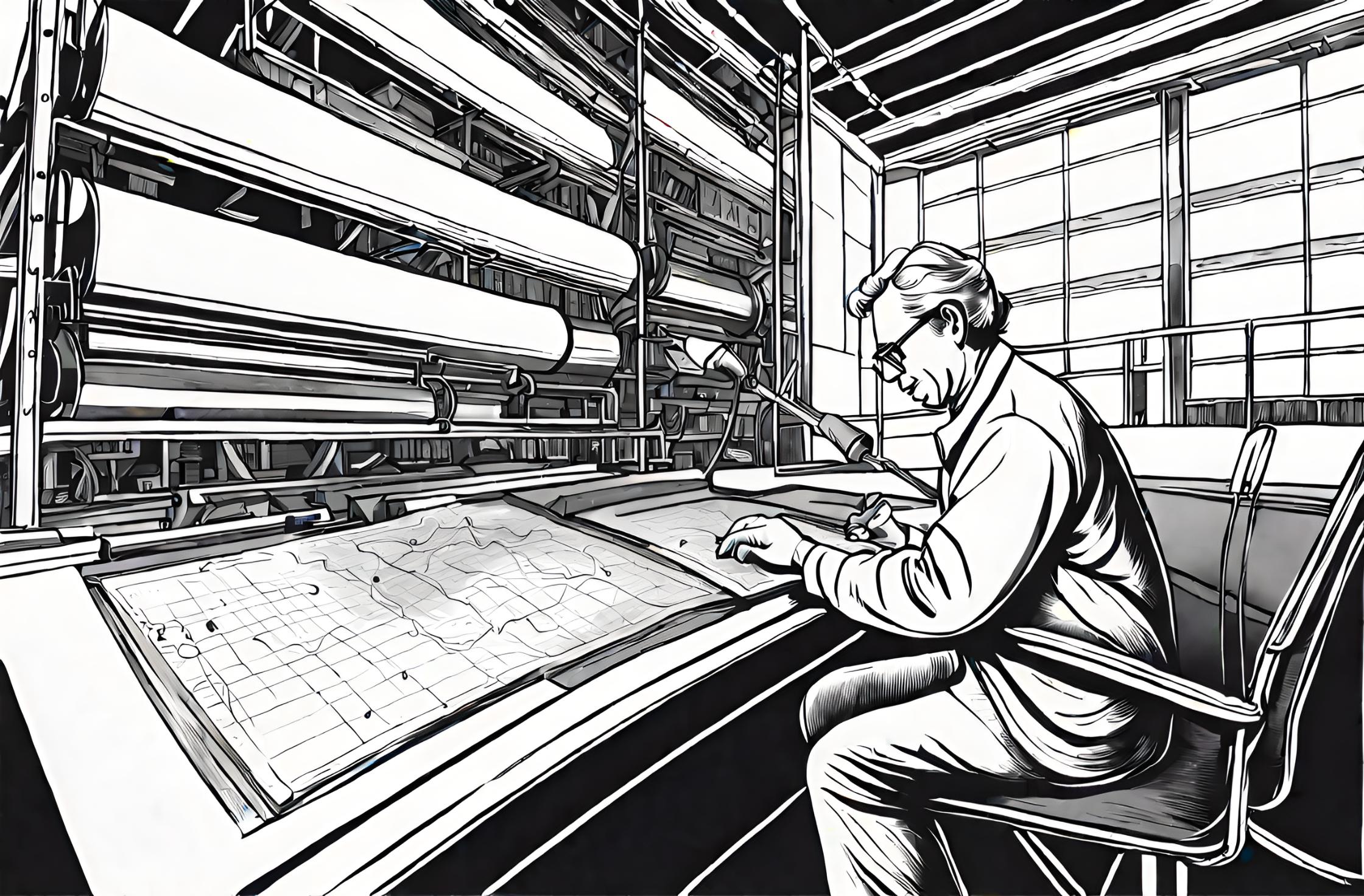Flashback to January 5
World History

On January 8, 1806, a historic event took place in South Africa as the Cape Colony became an English colony. This pivotal moment in history had far-reaching consequences for the region and continues to shape its development even today. In this article, we will explore the significance of this event and delve into the historical context surrounding it.
The Cape Colony, located at the southern tip of Africa, was originally established by the Dutch East India Company in 1652 as a refreshment station for ships traveling to the Dutch East Indies. Over time, the colony grew in importance, attracting settlers from various European nations, including the Dutch, French, and British.
Tensions between the British and the Dutch settlers, known as the Boers, had been simmering for years leading up to the event in question. The British had seized control of the Cape Colony in 1795 during the Napoleonic Wars, only to return it to the Dutch in 1803 under the Treaty of Amiens. However, by 1806, Britain once again faced the threat of Napoleon’s expansion and decided to reoccupy the Cape Colony to prevent it from falling into French hands.
Under the leadership of Lieutenant General Sir David Baird and Rear Admiral Sir Home Riggs Popham, a British force of about 6,000 men was dispatched to the Cape Colony. The British quickly overwhelmed the Dutch defenders, and on January 8, 1806, they entered Cape Town, marking the formal transfer of power.
The Cape Colony’s transformation into an English colony had significant implications for the region. The English language became more dominant, and British legal and administrative systems were implemented. The British also abolished the Dutch legal system of Roman-Dutch law and introduced English common law, which remains the basis of South Africa’s legal framework to this day.
The event had profound effects on the various ethnic groups residing in the Cape Colony. The majority of the Dutch settlers, known as the Cape Dutch or Afrikaners, deeply resented British rule and the loss of their independence. This resentment would eventually lead to the Great Trek, a mass migration of Afrikaners further inland to escape British control, which laid the groundwork for the later establishment of the Boer Republics and, ultimately, the Union of South Africa.
The British rule over the Cape Colony also had a lasting impact on the indigenous population. During this period, the British introduced policies such as the Indian Indenture System and the Khoikhoi and San land dispossession, leading to the marginalization and displacement of these communities.
the event on January 8, 1806, when the Cape Colony became an English colony, was a turning point in South African history. It marked the beginning of British dominance in the region and set in motion a series of events that would shape the country’s future. The legacy of this event can still be felt today, as South Africa continues to grapple with the complex legacies of colonization and the struggle for equality and justice.
We strive for accuracy. If you see something that doesn't look right, click here to contact us!
Sponsored Content

German physicist Walter Oelert…
On January 5th, 1996,…

Cornelis van Dis, Dutch…
Cornelis van Dis, a…

Louis XV of France…
On 1/5/1757, Louis XV…

Edward de Belijder the…
On January 5, 1066,…

Austria-Hungary offensive against Montenegro.
Learn about the Austria-Hungary…

Prussian King Frederik Willem…
On 1/5/1717, Prussian King…

